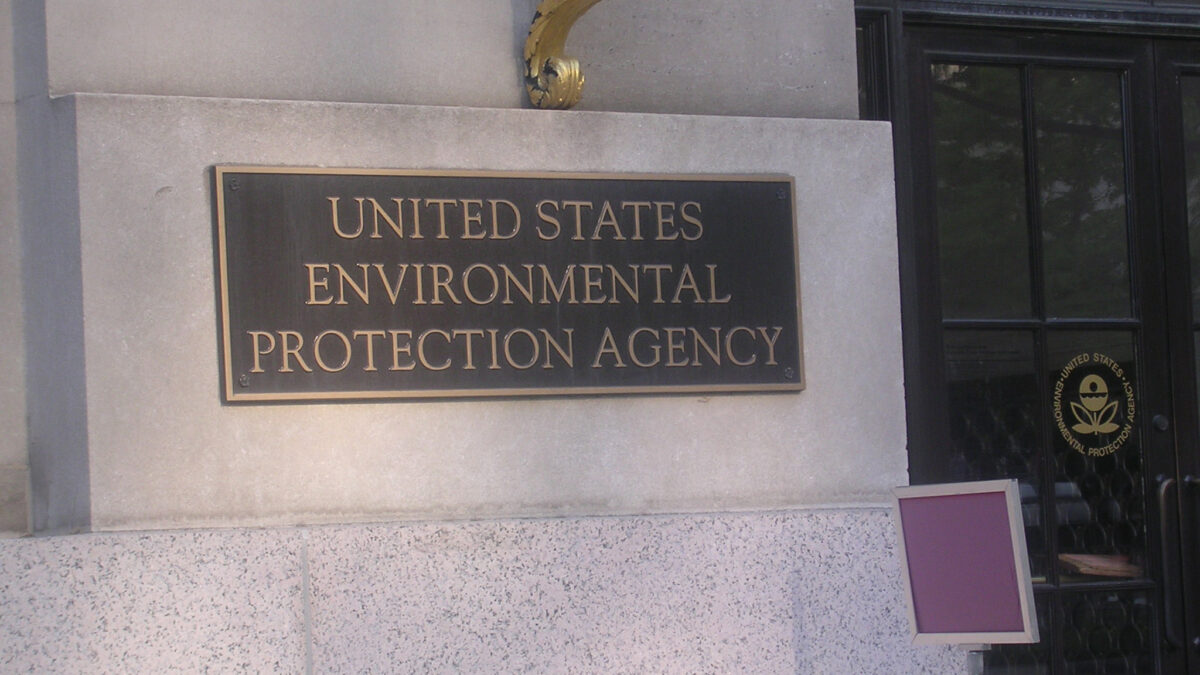Research & Developments is a blog for brief updates that provide context for the flurry of news regarding law and policy changes that impact science and scientists today.
The EPA proposed today that approximately 8,000 polluting facilities, including oil refineries, power plants, and steel mills, should no longer be required to report their greenhouse gas emissions.
Since 2010, the Greenhouse Gas Reporting Program has required that such facilities—spanning several dozen categories—report their emissions of greenhouse gases, such as carbon dioxide, to the government. The data is made public each October. According to the EPA’s own website, as it appeared today, the data can be used to “identify opportunities to cut pollution, minimize wasted energy, and save money,” as well as to “develop common-sense climate policies.”
The EPA statement claimed that the reporting program “has no material impact on improving health and the environment.” EPA Administrator Lee Zeldin said in the statement that the program is “nothing more than bureaucratic red tape that does nothing to improve air quality.”
“Instead, it costs American businesses and manufacturing billions of dollars, driving up the cost of living, jeopardizing our nation’s prosperity and hurting American communities,” he said.
Environmental groups have pointed out that, without this data, regulations cannot be enacted to protect Americans from the harmful effects of greenhouse gas emissions and climate change.
“Some industries want to keep this secret so that the public can’t know who’s responsible and hold them to account,” David Doniger, a senior attorney at the Natural Resources Defense Council, told the Washington Post. “What the public doesn’t know, they can’t demand be regulated.”
The move is the latest of many moves by the Trump administration to reduce regulations surrounding greenhouse gas emissions and other environmental protections.
In June, for example, the EPA proposed repealing federal limits on power plant carbon emissions. In July, the agency proposed rescinding the 2009 Endangerment Finding, which found that greenhouse gas emissions threaten public health and welfare and has since underpinned the federal government’s efforts to mitigate climate change.
—Emily Gardner (@emfurd.bsky.social), Associate Editor
These updates are made possible through information from the scientific community. Do you have a story about how changes in law or policy are affecting scientists or research? Send us a tip at [email protected].


